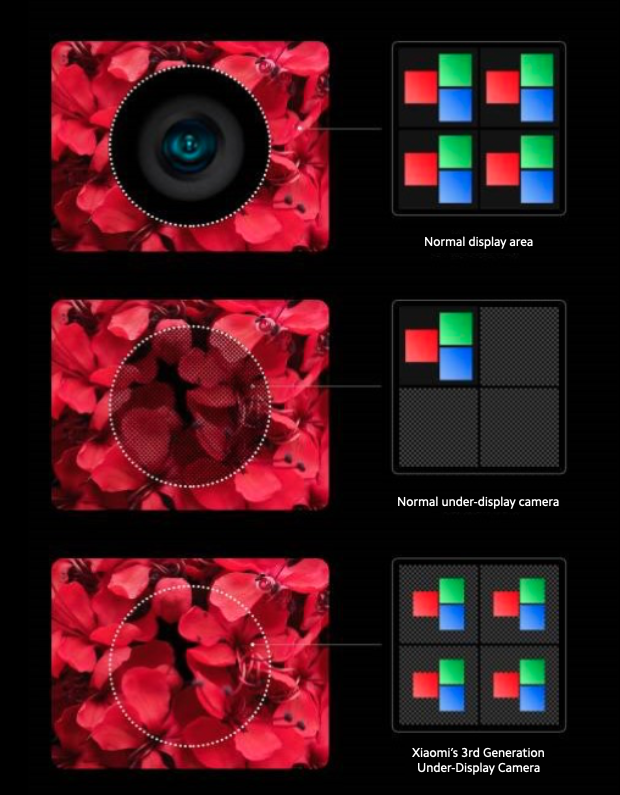Xiaomi plans to bring under-screen cameras to its smartphones next year
The front-facing camera has been a pretty constant bugbear for phone makers for a number of years now. Xiaomi certainly isn’t the first to offer a clever technological solution to the problem — and it’s also certainly not the only company to have show off under-screen camera tech — but next year, it’s committed to bringing that technology to market.
The manufacturer noted its plans today as part of its earnings report, stating that it will begin manufacturing handsets using the latest version of the technology it’s been working on for a number of years now. This actually represents the third generation of the tech. The first didn’t exist outside of the lab and the second was shown off to the public but never made it into production.
There are no doubt all sorts of practical reasons for that. Among them seems to be the issue of pixel density. For reasons that ought to be pretty obvious, there’s a big question of how to maintain a consistent pixel density in the area of the screen that sits on top of the front-facing camera. Xiaomi claims to have solved the problem, however.
“The self-developed pixel arrangement used in Xiaomi’s 3rd Generation Under-Display Camera Technology allows the screen to pass light through the gap area of sub-pixels, allowing each single pixel to retain a complete RGB subpixel layout without sacrificing pixel density,” it writes in a blog post.

Xiaomi says it’s been able to effectively double the pixel density of competing technology, letting light through to the camera, without sacrificing the uniformity of the screen. It looks good in the side-by-side videos the company has released, but obviously it’s worth reserving judgement until mass production starts next year.
from TechCrunch https://ift.tt/2D6IKqq
Comments
Post a Comment